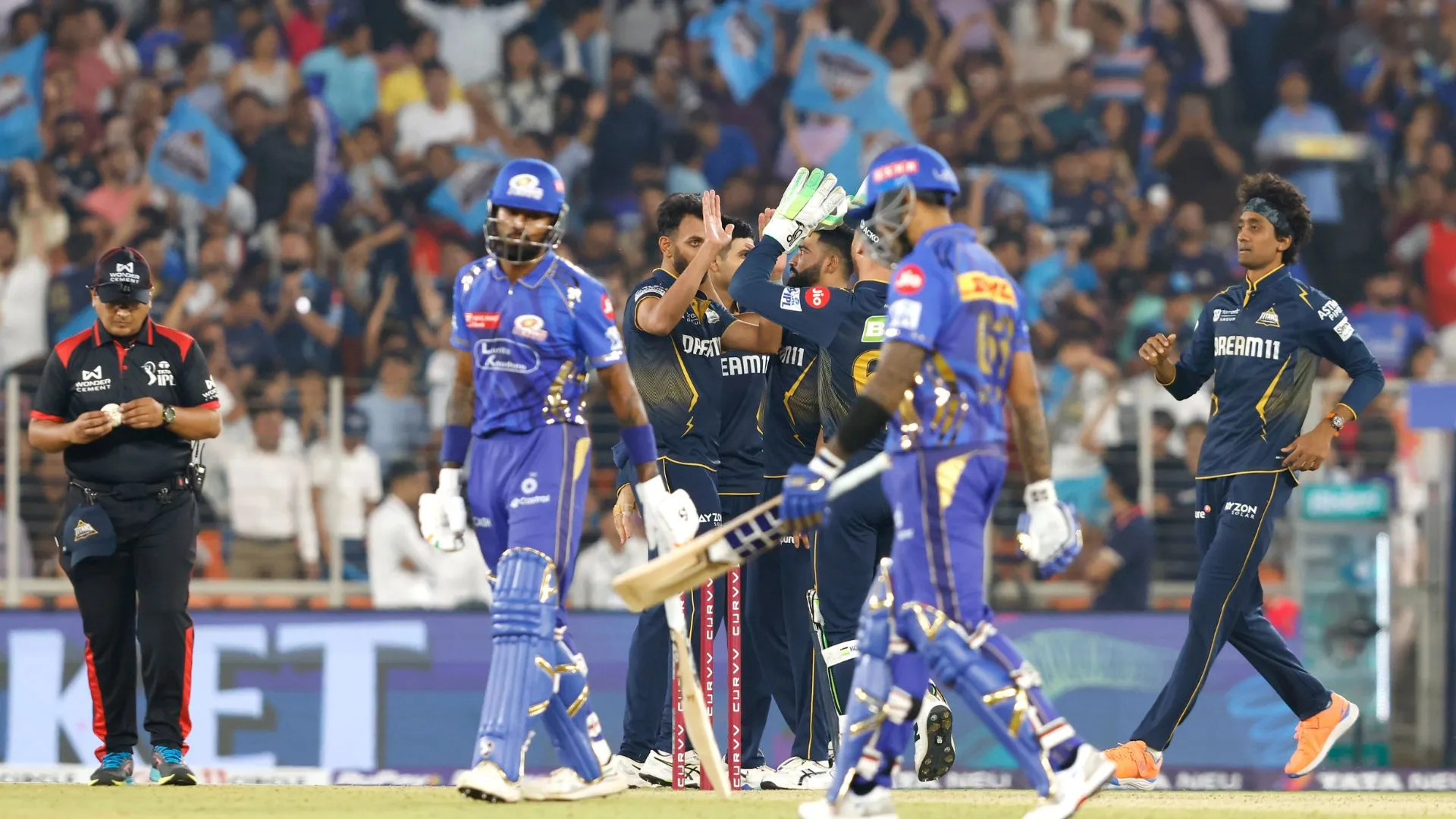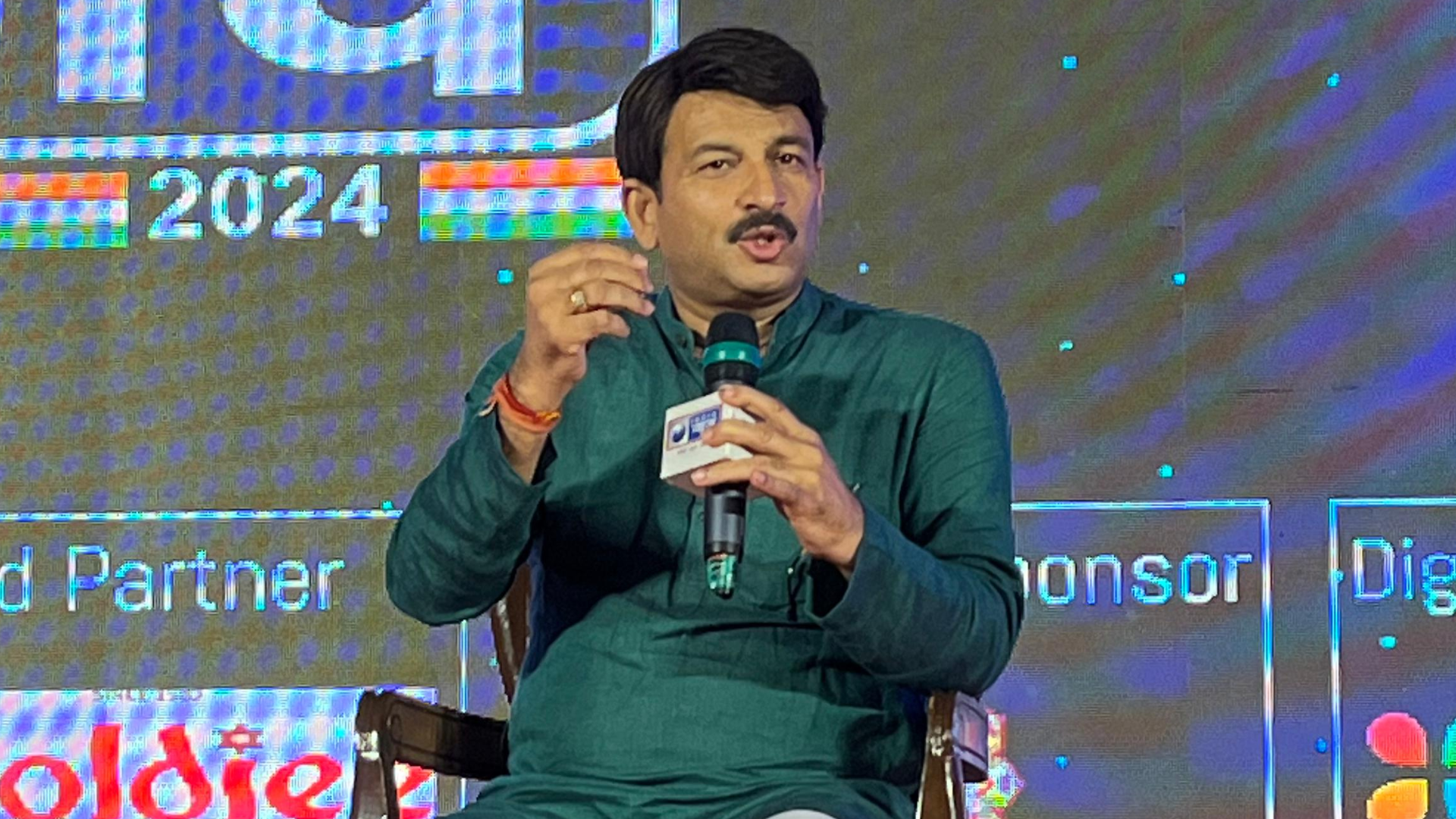Sanjiv Khanna took oath as the 51st Chief Justice of India (CJI) on November 11, 2024, replacing Justice Dhananjaya Y. Chandrachud. The investiture ceremony was an event held at the Rashtrapati Bhavan in New Delhi that marked the beginning of the tenure of Justice Khanna at the apex judiciary of India. The new Chief Justice of India, focusing on judicial reforms and accessibility, expressed his vision for transforming the Indian judicial system into a more user-friendly and citizen-responsive one.
A Judiciary-Independent Yet An Integral Part of Governance
Justice Khanna identified the position of the judiciary as an integral yet distinct and independent constituent pillar of Indian governance. “The Constitution trusts upon us the role of constitutional guardian, protector of fundamental rights, and responsibility to fulfill the important task of being a service provider of justice,” he remarked during his address. The CJI underscored that the judiciary is not only a cornerstone of the legal framework but also a guardian of the values in consonance with the Constitution. He ensured justice, equality, and protection for citizens’ rights.
Justice Khanna vision for the need for a justice delivery system that is not only just but also user-friendly, affordable, and approachable for the common citizen.
Dealing with the Backlog and Smoothening of Case Flow
Justice Khanna is equally sensitive to the ever-growing case backlog in Indian courts, a problem that has long plagued India’s judicial efficiency. With a system already burdened by millions of cases pending in lower courts and the Supreme Court, systemic reforms are the orders of the day under the CJI’s plan to deal with this backlog.
Justice Khanna said that complicated legalistic to grapple with the evil of delay in cases. We need to find ways to reduce the duration of trial such that it does not become burdensome for citizens. This would be not just speedy adjudication but also a revisit of processes which presently exist in law where undue burdens are placed on litigants, primarily those not adept at the nitty-gritty of legalities.
Justice Khanna will also look forward to reforms in the criminal case management process to make the system efficient. According to him, inefficiency in criminal case handling, particularly the delayed trial that sometimes becomes protracted, is one of the major reasons why people have become frustrated and want justice on time. His commitment towards reform in this area brings a more proactive and reform-oriented judiciary under his banner.
Accessing Affordable Justice
The very idea of Justice Khanna is that litigation would be cheaper and more easily accessible. Where socio-economic disparities exist, accessing justice itself becomes prohibitively expensive in countries like India. Legal fees, along with long periods of trials and procedures in courts, discourage ordinary citizens from seeking redress through the legal system. Perhaps more than procedural simplification, Justice Khanna’s intent to make the judiciary more user-friendly suggests he wants to make it an institution that allows justice to be delivered without creating a cost barrier to those who need it the most.
As he said in his speech: “Litigation needs to be affordable and accessible.” “A just and unbiased adjudication is essential, but equally so is ensuring that the doors of justice are open to all, irrespective of status, wealth, or power.”
Responsive and Reflective Judiciary
Justice Khanna also shared with the media that “our approach will be one of constant reflection” to be a responsive judiciary that is not only responsive to the needs of the people but also to itself. This would infer that under him, the judiciary would not only fulfill the role of giving judgments on cases but would also undertake a continuous process of introspection to identify areas for improvement, thus ensuring that the legal system evolved with changing times of a dynamic society.
This self-evaluative approach will include situational appraisals of judicial performance and reforms required. Internal improvements have been the concern of Justice Khanna in building a judiciary that is more capable of meeting the challenges of the modern age.
Safeguarding Rights of Citizens and Providing Equal Treatment
In the speech, Justice Khanna reminded the judiciary that it is the protecting body of fundamental rights and a defender of justice. The duty entrusted to us confirms and reinstates our responsibility as custodians of citizen rights as well as dispute resolvers,” he said. He made it a point that the judiciary should treat all people equally, irrespective of their background and social standing. He added that equal justice under law is the inspiration of the judicial process at all levels.
“Ultimately, the justice delivery framework must ensure fair opportunity to succeed to all, regardless of their status, wealth, or power,” he said, reinforcing the importance of unbiased and impartial adjudication.
Justice Khanna is 64 years old. He is a seasoned and respected jurist with an outstanding career in the judiciary. After becoming a CJI, he has been one of the Supreme Court judges and has been part of many landmark judgments.




















